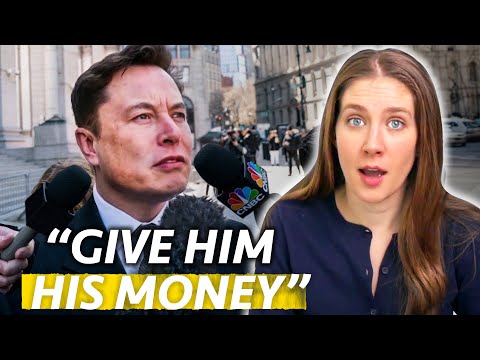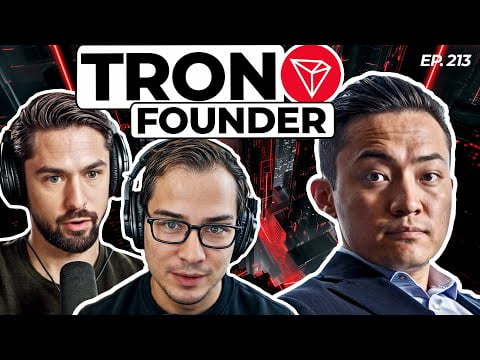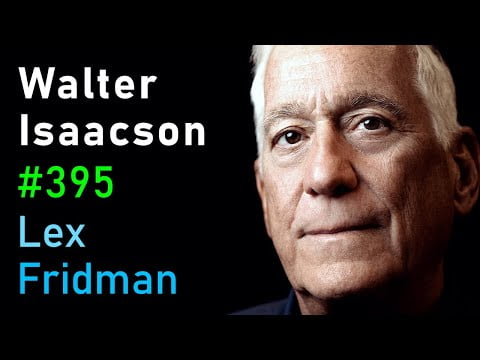Podcast Summary
This podcast delves into the controversy surrounding Elon Musk’s $55 billion compensation package as Tesla’s CEO. It discusses the judge’s ruling against the package, the role of the board in the negotiation process, and the broader issue of CEO compensation in corporate environments. The podcast also compares Musk’s compensation with other CEOs in the auto manufacturing industry.
Key Takeaways
Elon Musk’s Radical Compensation Plan
- Unprecedented Targets: In 2018, Elon Musk set a radical compensation plan that required Tesla’s market cap to increase by $50 billion and meet operational metrics for him to receive an additional 1% of Tesla stock. This plan was considered unachievable by experts at the time.
- Surpassing Expectations: Despite the skepticism, Tesla’s market cap soared from $59 billion to $650 billion by 2020, surpassing expectations and hitting the targets set in the compensation plan.
Judge’s Ruling Against Musk’s Compensation
- Board’s Insufficient Independence: A judge ruled that Musk is not entitled to the $55 billion pay package due to the board’s insufficient independence and flawed negotiation process. The board, consisting of individuals with close ties to Musk, did not adequately negotiate the deal and could have obtained a lower compensation package.
- Questioning the Necessity: The ruling questions the necessity of the plan for Tesla to retain Musk and achieve its goals, suggesting that the board was influenced by Musk’s superstar appeal.
CEO Compensation in the Auto Manufacturing Industry
- Comparative Analysis: The podcast compares the compensation packages of other CEOs in the auto manufacturing industry. For instance, Ford’s CEO Jim Farley made $23 million in 2022 despite the company’s stock price being cut in half. GM’s CEO Mary Barra made hundreds of millions of dollars while the company’s stock price remained flat over her tenure.
- Musk’s Compensation a Better Deal: Elon Musk’s compensation package is actually a better deal for shareholders compared to other CEOs, as Tesla’s stock value increased significantly during the same period.
Sentiment Analysis
- Bullish: The podcast expresses a bullish sentiment towards Elon Musk’s compensation package, arguing that it is a better deal for shareholders compared to other CEOs in the auto manufacturing industry. This is due to the significant increase in Tesla’s stock value during the same period.
- Bearish: There is a bearish sentiment towards the board’s negotiation process for Musk’s compensation package. The podcast criticizes the board for its insufficient independence and flawed negotiation process, suggesting that it could have obtained a lower compensation package.
- Neutral: The podcast maintains a neutral stance on the judge’s ruling against Musk’s compensation package. It acknowledges the unique factors in Musk’s case and suggests that the ruling is unlikely to have ripple effects on CEO compensation.










